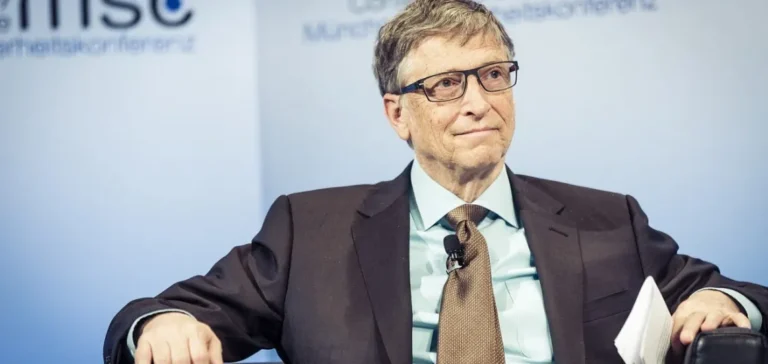Bill Gates, co-founder of Microsoft Corp. and Chair of the Bill & Melinda Gates Foundation, released a memo urging global climate efforts to shift towards protecting populations most exposed to the effects of warming. According to him, current strategies place excessive emphasis on emissions reduction targets at the expense of investments that more directly improve human well-being.
In his statement, Gates questioned what he described as a “doomsday” view of climate change, which he believes is counterproductive to development policies. He advocates for a more balanced approach, centred on reducing population vulnerability through investments in health systems, resilient agriculture and low-emission technological innovation.
Donor countries urged to reconsider priorities
The memo comes ahead of the next United Nations Climate Change Conference (COP30), scheduled to be held in Brazil. Gates sees it as an opportunity to reframe international discussions around indicators of social impact rather than solely emissions metrics. He stated that “improving living conditions” must become the main criterion for global climate funding allocation.
This position aligns with the Gates Foundation’s core activities, which primarily target low-income countries. The entrepreneur also criticised the current funding allocation, noting that some low-return projects divert attention and budgets away from more relevant solutions for the most affected countries.
Maximising value for every climate dollar
In parallel, Gates called on private investors and governments to continue supporting energy innovation, but without compromising funds allocated to public health or rural development sectors. He maintains that reducing the “green premium” – the added cost of clean technologies – remains essential for enabling a sustainable and inclusive transition.
This shift in tone comes amid growing debate on the effectiveness of current climate finance mechanisms. Gates also mentioned that strategic decisions at Breakthrough Energy, his low-carbon innovation investment group, were reassessed this year, including internal adjustments such as staff cuts.
The billionaire concluded that the race for carbon neutrality must not obscure the urgent need for immediate adaptation measures in highly exposed countries. He warned against a one-size-fits-all approach to climate action, reminding that the ultimate goal should remain tangible improvements in living conditions.






















